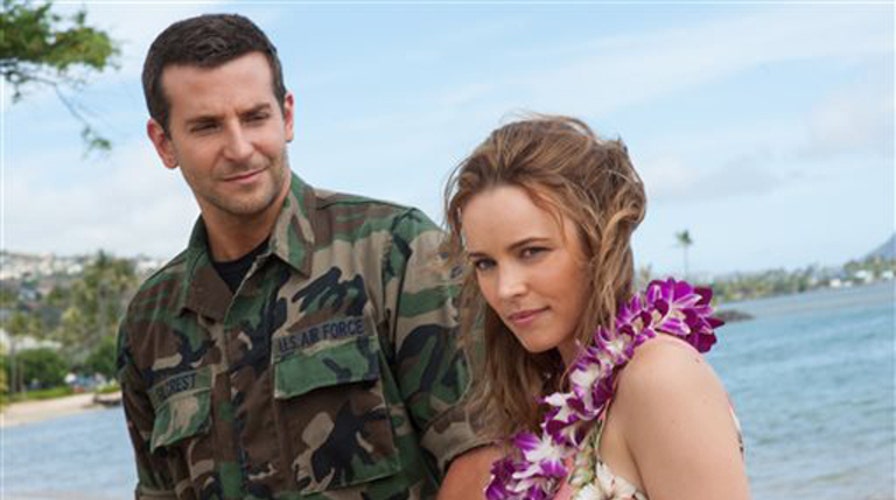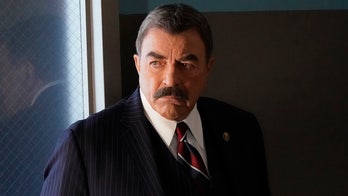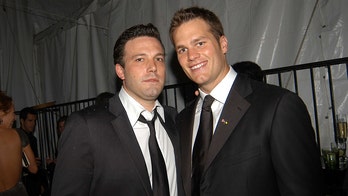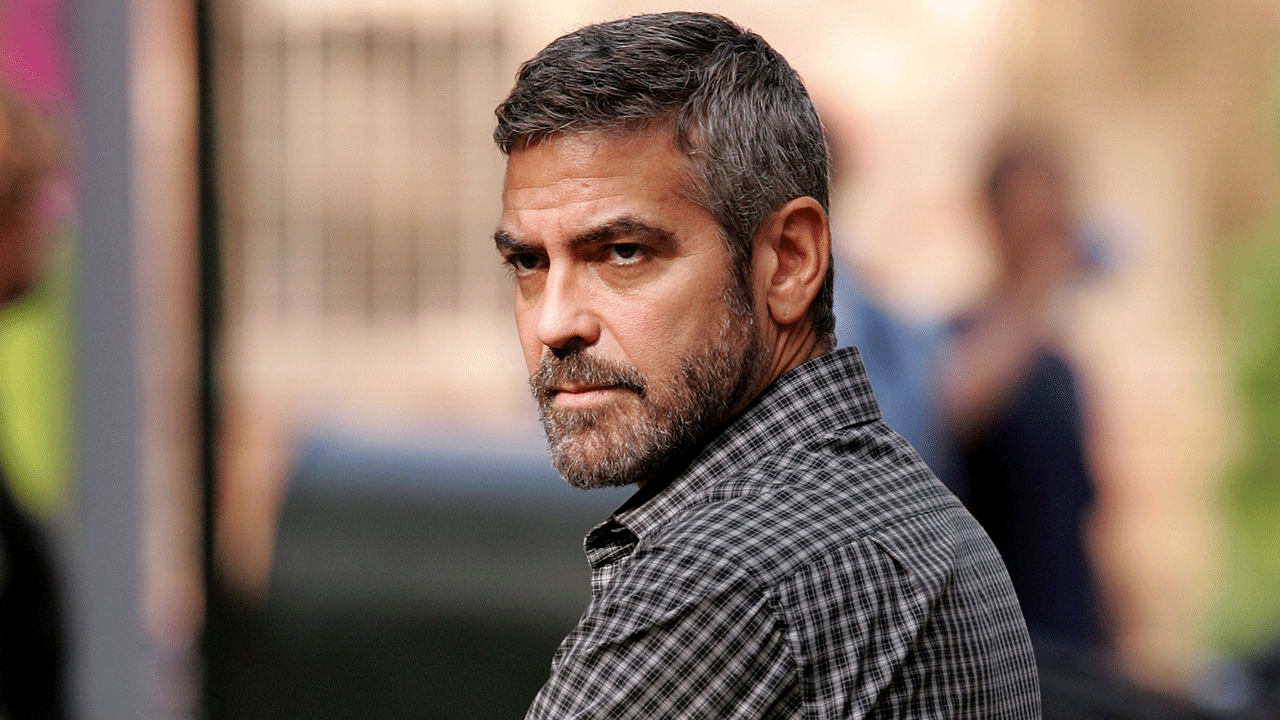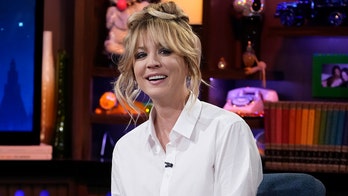Hawaiians fire back at 'Aloha' filmmakers over use of word
Greg Gutfeld weighs in on slogan controversy surrounding new movie
"Aloha," one of the most well-known Hawaiian words, can mean “hello” and “goodbye,” be used an expression of love and respect, and much like Southern charm in America’s South, "The Aloha Spirit" is a way of life for local residents.
But there’s no love from some people in Hawaii for the new Cameron Crowe film – “Aloha” – starring Bradley Cooper, Rachel McAdams and Emma Stone, who have strong opinions on the use of "Aloha" as the title, claiming its disrespectful to the host culture and undercuts the deeper meanings of the word.
Native Hawaiian Janet Mock, for example, called the title inappropriate, and even dangerous, on her MSNBC Shift show "So Popular!”
But not everyone agrees.
“This is just so stupid. It’s a movie, for heaven’s sake,” said Michael W. Perry of KSSK’s Perry & Price Show, Hawaii’s most popular radio morning talk show host. “Any time the vocal minority gets upset, and the media puts all five of them on the front page, you would think the entire state is up in arms and were not.”
Click here to subscribe to FOX411’s YouTube channel
Perry said there are a group of “perpetually aggrieved people” in Hawaii he said are “delicate flowers, who are so sensitive and so victimized by this stuff.”
“I don’t recall this sort of an outburst when aloha was used previously, like in Elvis Presley’s ‘Aloha from Hawaii’ concert, the 1998 comedy ‘Aloha Summer’, the 1981 ABC comedy series ‘Aloha Paradise,’ the 1972 movie ‘Aloha My Love’ or the Yellow Pages phone directory where there are two pages of companies listed with names like Aloha Radiator, Aloha Plumbing and Aloha Veterinary Clinic,” Perry said.
Well-known radio personality Rick Hamada of KHVH News Radio’s The Rick Hamada Show, said spreading the message of aloha is positive for the state.
“For me personally, the word ‘aloha’ has a lot of different meanings, hello, love, goodbye… and any time we can have that message spread around the world, it’s a benefit to those in Hawaii. I can understand the sensitivities, but there have been many cases where Hawaiian words or phrases were used in the past for profit,” Hamada said, citing Disney’s Aulani Hotel in West Oahu and the CBS drama Hawaii 5-0, just renewed for a sixth season.
Hamada noted there is likely more fueling the outrage than just the name of the movie.
The film, which opens in Hawaii today and throughout the U.S. mainland Friday, includes an appearance by Dennis "Bumpy" Kanahele, a Native Hawaiian sovereignty activist who served four months in prison in 1998 for interfering with U.S. marshals arresting a federal fugitive, and currently heads the Nation of Hawaii group, which consider itself a sovereign government under international law, not subject to United States rule.
Rival sovereignty leaders, including Walter Ritte, a Molokai activist, have been critical of the movie. "If you have a romantic comedy about the military in Hawaii ... but a title that says 'Aloha,' I can only guess that they'll bastardize the word. They're taking our sacred word ... and they're going to make a lot of money off of it."
Ritte’s comments highlight another source of tension with sovereignty activists -- the military’s “occupation” in Hawaii. Historically there has been ongoing tension between the U.S. military and sovereignty activists over land use and training practices, which native Hawaiians say have destroyed some sacred landmarks.
The criticism of the Hawaiian word echoes that of other Hawaiian names used commercially. In 2004, 1,700 Hawaii residents through an online petition protested Dodge’s use of the “Big Kahuna” for its Woody concept car, a word that translates to priest. The car never made it to mass production.
Cameron Crowe did not return calls and emails made by FOX411.
